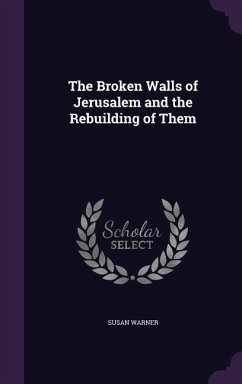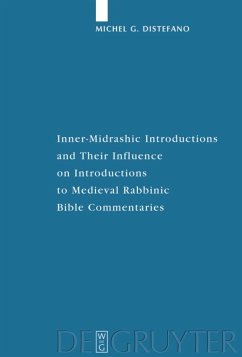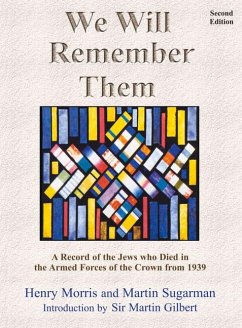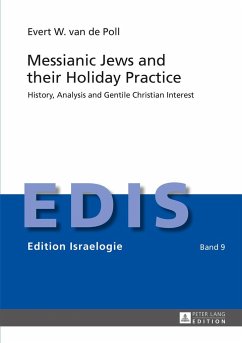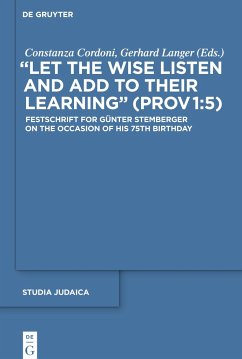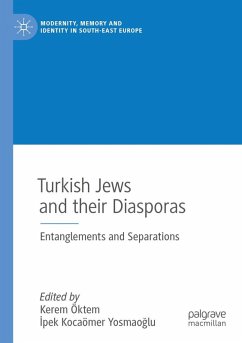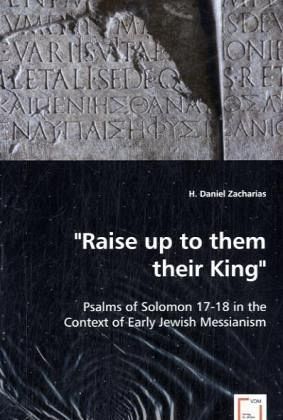
"Raise up to them their King"
Psalms of Solomon 17-18 in the Context of Early Jewish Messianism
Versandkostenfrei!
Versandfertig in 6-10 Tagen
32,99 €
inkl. MwSt.

PAYBACK Punkte
16 °P sammeln!
This study looks at Psalms of Solomon 17 and 18 in both their early Jewish and immediate literary contexts. The prominence of messianism in the two psalms has sometimes overshadowed their connections with the rest of the Pss. Sol. corpus. This study identifies and discusses a number of thematic connections between pss. 17 and 18 and the earlier psalms, and it also examines the unique messianic portrait painted in psalm 17. Its distinctive portrayal is compared to that found in other pre-Christian, Jewish messianic texts, particularly those of the Dead Sea Scrolls. The messianism of psalm 17 is...
This study looks at Psalms of Solomon 17 and 18 in both their early Jewish and immediate literary contexts. The prominence of messianism in the two psalms has sometimes overshadowed their connections with the rest of the Pss. Sol. corpus. This study identifies and discusses a number of thematic connections between pss. 17 and 18 and the earlier psalms, and it also examines the unique messianic portrait painted in psalm 17. Its distinctive portrayal is compared to that found in other pre-Christian, Jewish messianic texts, particularly those of the Dead Sea Scrolls. The messianism of psalm 17 is then compared to the messianism that surrounded Jewish messianic claimants at the turn of the era, including Jesus, as he is portrayed in the Gospels. While Pss. Sol. 17 and the other, pre-Christian, Jewish messianic texts have much in common, this study highlights two important and unique aspects of the psalm: the non-militant character of the Messiah described therein, and the absence of the temple or priesthood from its portrayal of the Messiah's rule. Such a portrait of the Messiah coheres in many important respects with the portrayal of Jesus in the Gospels.





